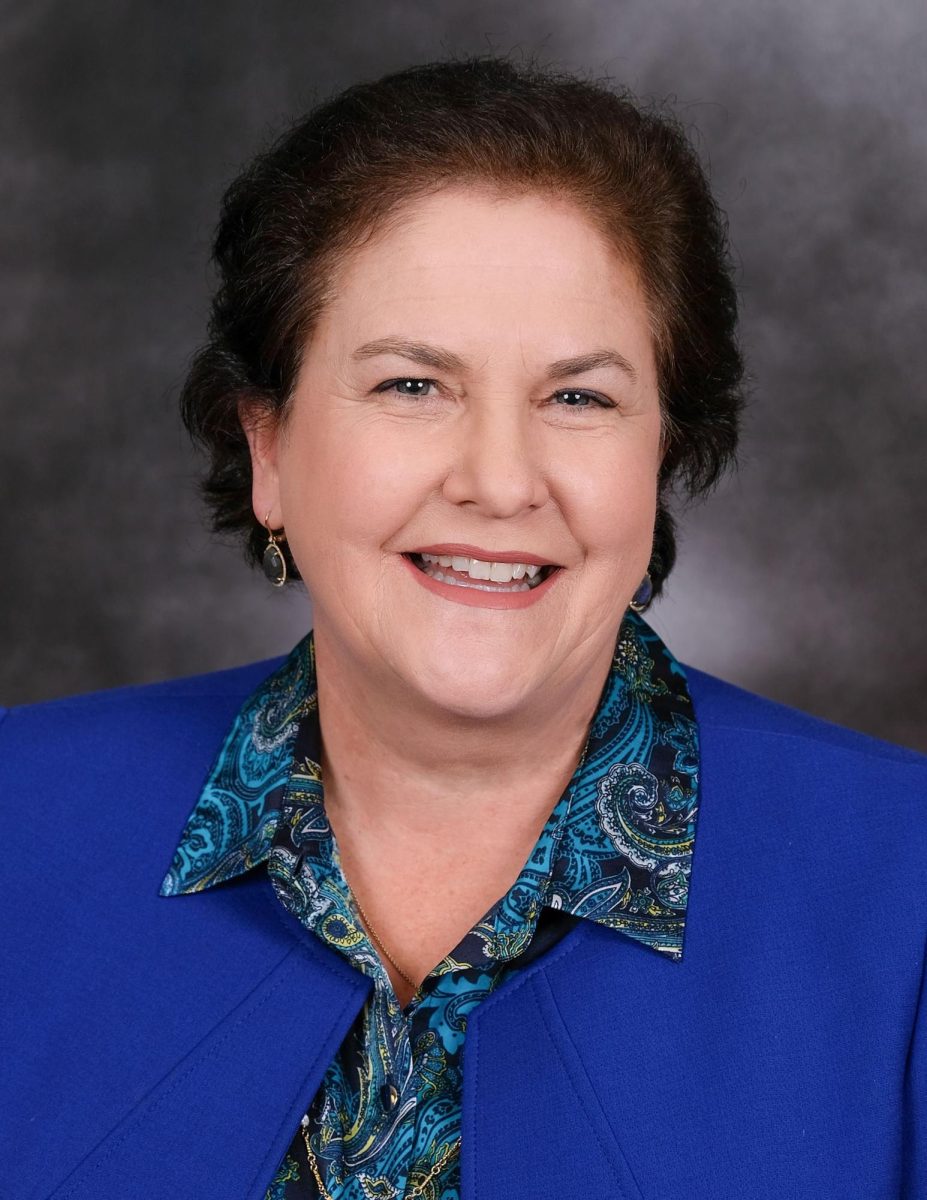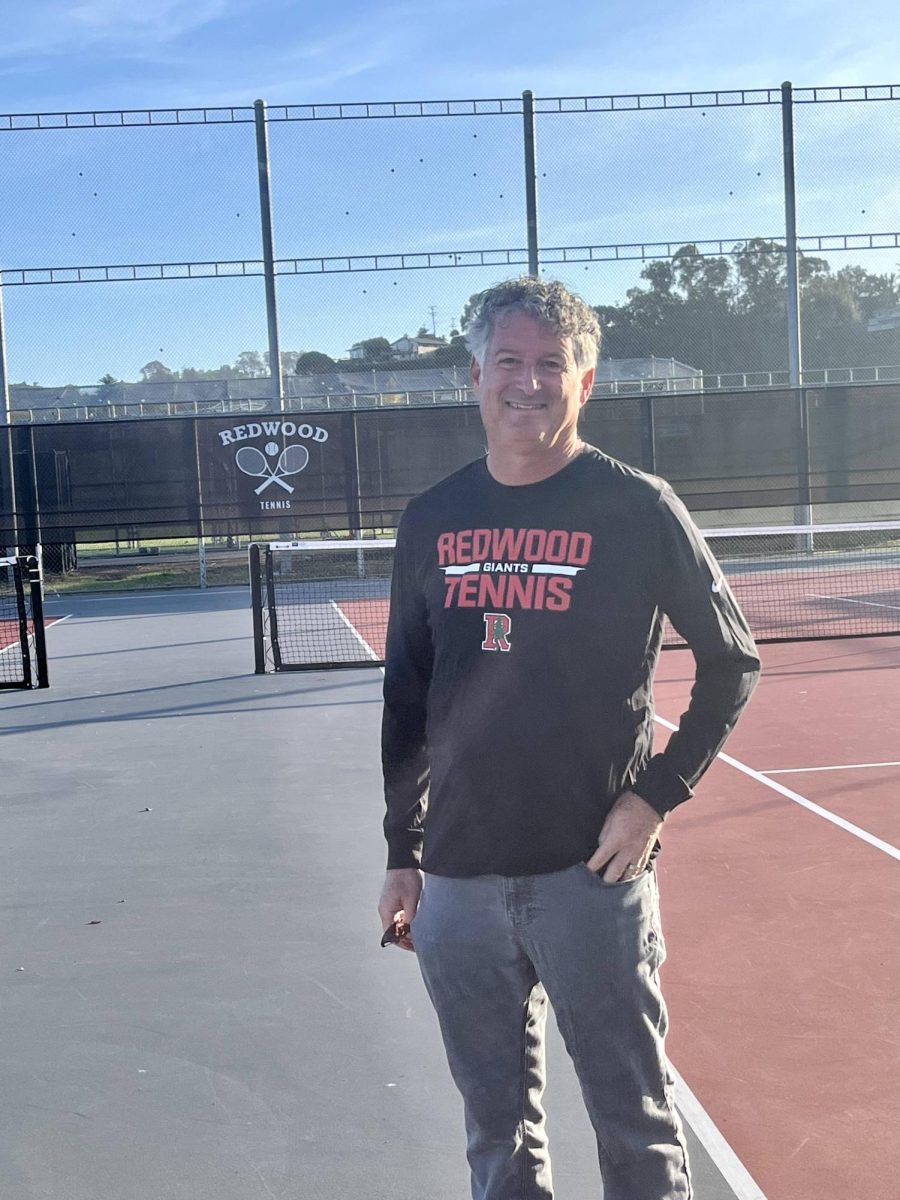Hartwell and her family moved to Cuenca, the third largest city in Ecuador, when she was 14 years old.
Hartwell returned from Ecuador to Marin in January 2015, at the beginning of the spring semester. Hartwell said that her parents suddenly decided to move to another country because her mom had the “travel bug.”
“She wanted to go somewhere, wherever it was,” Hartwell said in an interview in Spanish.
Hartwell said that she looked on the Internet for a place that was safe for foreign women because other places her family had traveled to here not safe for them.
“I found Ecuador and we said, ‘Let’s go!’ and we went,” Hartwell said.
By meeting new people who came from differing backgrounds, Hartwell learned the importance of empathy.
“Having traveled to another place and just experiencing the way that other people live is in itself eyeopening. You have to make sure you are leaving your mind open to what others have to say, what their experiences are,” Hartwell said.
As an outsider in Ecuador, Hartwell learned that is important not to judge someone before getting to know them first.

“I guess it shaped my views of the world into making sure that you try and look at things from a lot of different points of view and from drawing from all the different experiences you’ve had. And trying not to make assumptions because you never know really what’s going on in somebody else’s life,” she said.
Hartwell also said that her experience taught her to let go of the little things and focus on what makes her happy.
Hartwell’s time in Ecuador gave her the skills to be independent. She currently lives with her grandparents and her sister while her parents live in Mexico.
“The funny thing is being without your parents all the sudden is kind of like, ‘Woah, there is a lot of stuff I didn’t realize we had to do to just survive,’” Hartwell said.
When Hartwell moved to Ecuador, she did not have difficulty adjusting, but she did say that she noticed some cultural differences, such as the way that women were treated.
“A lot of sort of misogyny and sexism [is] pretty apparent, not really hidden. It’s kind of an accepted thing,” Hartwell said.
Hartwell said that she witnessed an act of sexism in a neighborhood in Ecuador. She and her mother saw a man who was talking very forcefully to a woman while looking down at her, causing them to think that she may have been in danger, so they tried to help.
Hartwell and her mother asked the man politely to stop, to which the man replied, “You are only women, this is not your concern. Get out of here!”
“These situations are very common in Ecuador. Women do not have many rights, and men disrespect them almost constantly,” Hartwell said.
On a different occasion, Hartwell and her sister were walking on the street and a group of men whistled and yelled inappropriate comments at them.
“In Ecuador the machismo is seen everywhere you go. The women are already accustomed to this. They prefer to keep their mouths shut and prefer not to say anything in order to protect themselves,” Hartwell said.
Though Hartwell said did not have a difficult time adjusting to life in Ecuador, she was initially challenged by her inability to understand the conversations around her. Hartwell attended a private school in Cuenca, where she took classes in Spanish.
“It was difficult to pick up on the social signals,” Hartwell said, adding that she did not know what the teacher was teaching for the majority of her first year. After two years of listening and speaking in Spanish, she became fluent.
Hartwell did not speak for her first year of school in Ecuador, so her teachers assumed that she understood everything and did not give her extra help. Her grades suffered as a result.
Hartwell said that the majority of her day consisted of school and homework, just like in the United States, but there were some differences. Every morning, for example, a bus would pick her up and she and fellow students would drive 45 minutes to school.
Generally, after school Hartwell went to the market. She had to ride her bike to the market and bargain with vendors for a reasonable price. The vendors would raise the price for her because they could tell she was foreign.
Hartwell said that it was difficult to adjust to Redwood when she returned to Marin. For administrative reasons, Hartwell had to be a sophomore even though she was old enough to be a junior.
At first, Redwood was difficult for Hartwell because she had to listen to the teacher and take notes at the same time––in Ecuador, she was accustomed to only listening to the teacher.
















